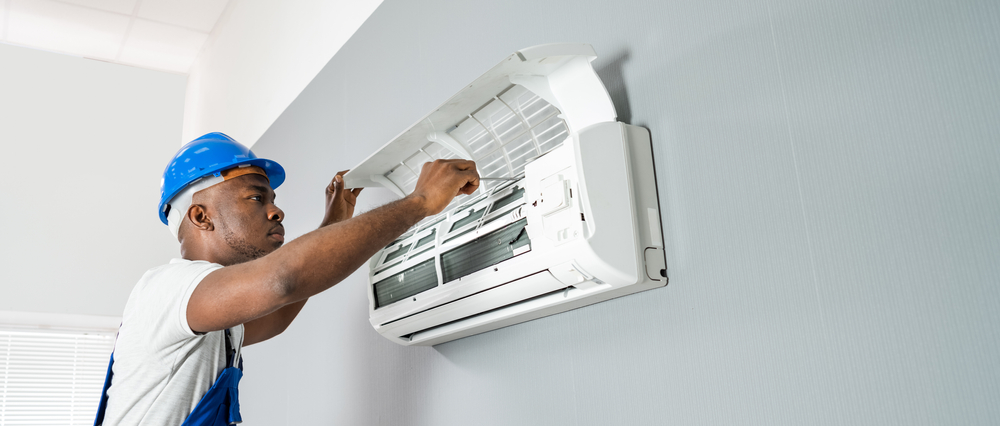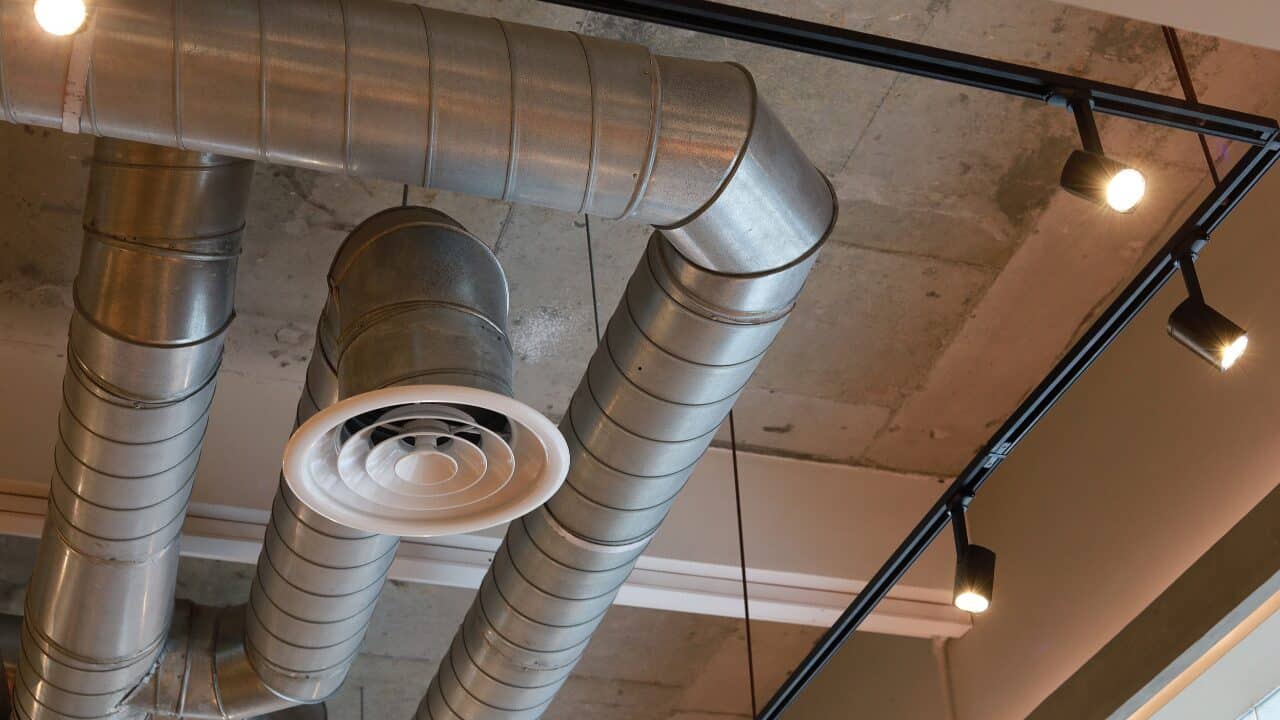The decision to repair or replace your air conditioning unit can seem daunting. The complexity often lies in balancing immediate costs with long-term savings.
With the comforts of a cool home at stake, navigating such a dilemma becomes an important decision. In the face of malfunction, how does one know when to fix or trade up? This article cuts through the noise, laying down clear guidelines to make that decision more manageable.
Table of Contents
Repair Costs
Repairs can be costly, and it’s vital to assess these expenditures in relation to the age of the unit. As a rule of thumb, if repairs cost more than half the price of a new unit, replacement is the better option.
Consistent breakdowns bleed your wallet dry and offer only temporary respite, making the long-term investment in a new unit a sound financial move.
Consider also the potential warranty benefits associated with newly installed systems. Manufacturers often offer extended parts warranties that provide peace of mind against unforeseen breakdowns.
By opting for a replacement, the likelihood of opting into these warranties increases, shielding you from possible future repair complications.
These warranties also signal manufacturer confidence in their products, reassuring homeowners of the system’s reliability and longevity.
In cases where making an informed decision becomes challenging, seeking professional guidance can be beneficial.
For those residing in certain areas, reaching out to this great HVAC service in Torrance can provide additional clarity, as they offer expert advice and services tailored to consumer needs, ensuring your choice aligns with both budgetary considerations and longevity goals.
Performance and Comfort Level
An air conditioner’s primary role is to maintain a comfortable environment. Frequent uneven cooling, loud noises, or strange odors signal deeper issues.
Such symptoms suggest inefficiencies that repairs alone may not resolve. Priority should be given to resilience and comfort, with a smooth-running unit providing enduring relief.
Exploring the causes of inefficiencies can be enlightening. Clogged filters, leaking ducts, or refrigerant issues might be contributing to the unit’s woes, turning what could be an easy fix into a larger problem if ignored.
Addressing these issues promptly can sometimes forestall the need for replacement, keeping your system in peak performance longer.
It’s worth recognizing that even the placement of your air conditioning unit can impact performance. Units exposed to direct sunlight or without adequate airflow may strain to maintain desired temperatures.
Consulting with a technician might provide simple solutions, such as altering placement or adding external shading, to optimize your unit’s performance before resorting to a complete replacement.
Age and Efficiency
When it comes to your air conditioning unit, age isn’t just a number; it plays a significant role in determining its dependent functionality.
Generally, units older than 10-15 years are prime candidates for replacement. Over time, technological advancements have rendered older models less efficient, resulting in higher operating costs.
A newer unit typically translates to substantial savings on energy bills, justifying the upfront expense.
Aging components also increase the probability of sudden breakdowns, impacting your comfort during critical times. By proactively opting for replacement, homeowners save themselves the stress of enduring unexpected failures during peak summer months.
Additionally, newer units often come with enticing features—such as enhanced air filtration systems—that improve indoor air quality, directly benefiting your health and well-being.
Future Plans
Your living arrangements also influence the decision to repair or replace. If you anticipate a move within a year, resources might be better allocated to simpler repairs rather than a full replacement.
Conversely, if long-term home ownership is on the horizon, investing in a superior system would provide consistent comfort and enhance property value.
For homeowners envisioning a long-term stay, the decision can also be anchored on future technological developments.
Future-ready models might offer integration with smart home systems, enabling remote access and increased customization in managing your home’s cooling needs. This foresight into future needs can further validate an immediate investment in a top-tier model.
Consulting Professionals
While this article provides fundamental insights, consulting with a professional can offer customized solutions. These experts offer the experience and insight necessary to evaluate the condition of your unit, providing helpful suggestions tailored to your specific needs and budget.
Environmental Impact
Older air conditioners may rely on refrigerants now deemed harmful to the environment. The move towards eco-friendly refrigerants presents an opportunity to lessen environmental impact.
Newer models are designed to accommodate these changes effectively, proving not only kind to the environment but also future-proofing against technological changes. Eco-conscious homeowners might also consider the energy usage of newer models.
Advanced units often operate on less power while providing effective cooling, which can contribute to reducing your carbon footprint.
This presents an eco-friendly opportunity to align your home’s energy systems with globally responsible practices while enjoying improved performance.
Another advantage of upgrading to a more environmentally conscious system is the possible eligibility for government rebates or incentives, which can offset initial costs significantly.
By transitioning to energy-efficient systems, you not only benefit financially but contribute to broader ecological initiatives endorsed by many government sectors. It’s a win-win for consumers aiming to balance fiscal responsibility with sustainability.
Conclusion
The decision between repair and replacement hinges on several distinct factors — age, cost efficiency, long-term savings, and personal circumstances.
The path chosen must counterbalance the immediate outlay with enduring comfort and savings. By making an informed decision, homeowners can ensure a cool respite during sweltering summers, while also securing peace of mind on financial commitment.





